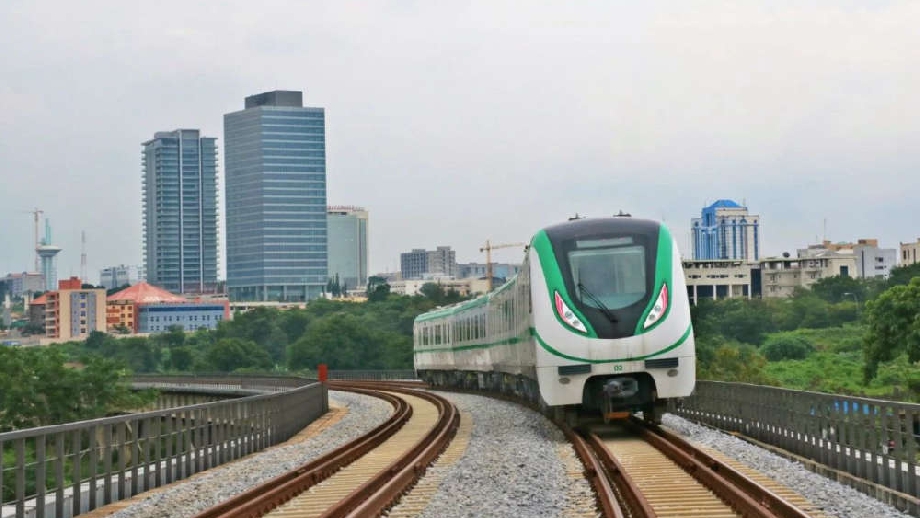
President Bola Ahmed Tinubu has reaffirmed his administration’s commitment to reducing Nigeria’s dependence on road transport by investing heavily in railway infrastructure.
Speaking at the 2nd International Railway Conference and Exhibition 2025 in Abuja, Tinubu who was represented by Vice President Kashim Shettima said over-reliance on road transportation has led to congestion, rapid deterioration of highways, and higher accident rates.
He stressed that railways offer safer and more environmentally friendly alternatives while advancing Nigeria’s sustainable development agenda.
He explained that railway investments remain central to the administration’s economic strategy, as they will improve mobility, unlock trade, and connect communities across the country.
“Our modernization projects from Lagos to Kano, Kano to Maradi, and Port Harcourt to Maiduguri are designed with open doors for private sector participation,” he said.
“We must ensure not only timely completion, but also sustainability and efficient utilization of these projects. I am pleased that since the present administration took over, the Kano–Maradi line has progressed from 5% to nearly 60% completion.”
For his part, Secretary to the Government of the Federation, George Akume, said the administration’s Renewed Hope Agenda has prioritized transformative projects, with the transport sector serving as a benchmark for national development.
He described the proposed $60 billion high-speed rail project as a major step that would boost economic diversification, create jobs, and promote sustainable national development.
Speaking earlier, The Minister of Transportation, Senator Sa’id Alkali, added that as government modernizes the railway sector, there is urgent need for stronger partnerships and community involvement to secure and sustain the infrastructure.
Alkali said the focus must shift from construction alone to ensuring that rail corridors support agriculture, industry, mining, and commerce, while empowering people through rail.
“Railways are not the work of government alone. We need the private sector to see opportunity and invest. We need states and cities to integrate urban and intercity networks.
"We need development partners to continue supporting us with financing and expertise. Above all, we need the Nigerian people, our communities, to protect these assets and make them their own.”
Also speaking, Samuel Eko of De-Sadel Consortium said the proposed high-speed rail is being developed under a public-private partnership arrangement and would transform Nigeria’s rail system.
According to him, the project will create about two million jobs and span over 4,000 kilometers, covering more than 20 states and four major cities.
He added that with Nigeria’s abundant gas resources fully powering the project, the country is set to become the second best in the world in terms of rail development.


